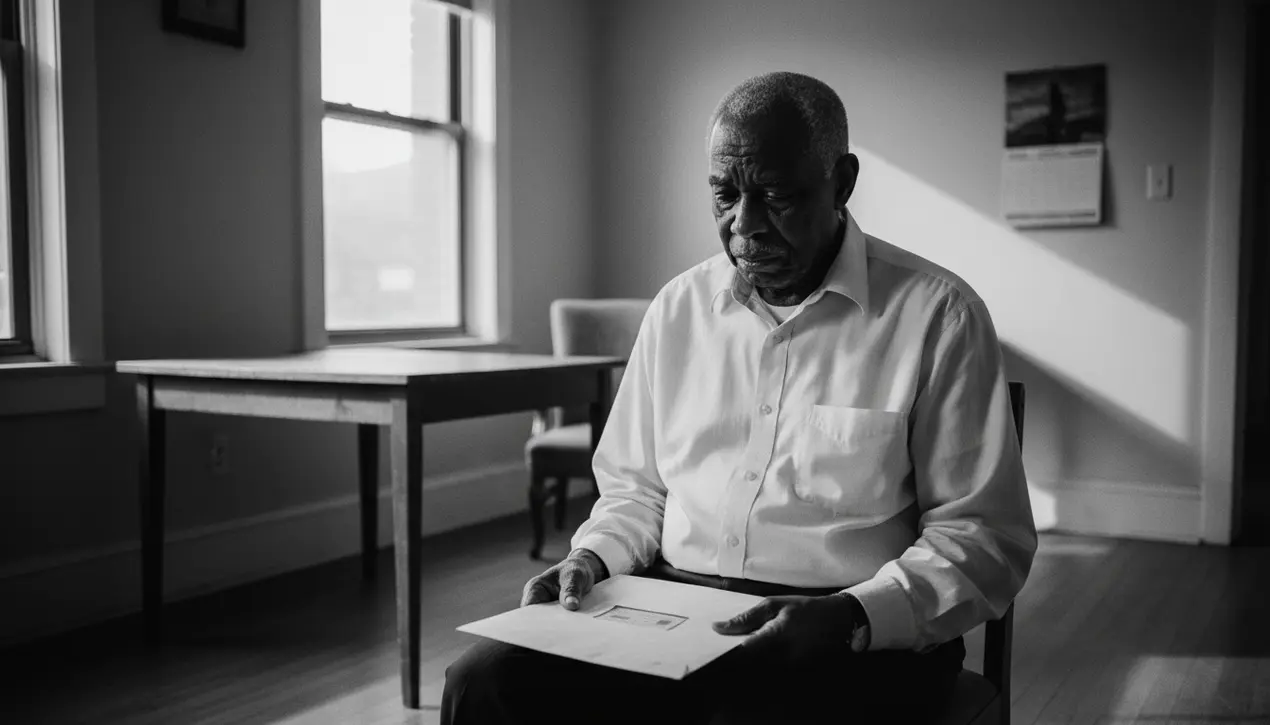
Otherlaw & courtsCriminal Cases
George Bell Served 24 Years in Prison for a Crime He Didn't Commit.
LA
Laura Bennett
2 hours ago7 min read1 comments
The story of George Bell is not merely a legal footnote; it is a profound human document written in the currency of stolen time. For twenty-four years, his life was not his own, confined within a system that had erroneously convicted him for a 1996 murder, a quarter-century during which the world outside his cell transformed in ways he could only imagine.His eventual exoneration and the subsequent record-breaking financial settlement from New York City are, on their surface, markers of justice served. The payout, the largest in the city's history, is a stark, numerical admission of a catastrophic failure.Yet, to sit with George Bell, to truly listen to the silence that follows the cheering headlines, is to understand the fundamental inadequacy of any check, no matter how many zeros it contains. Money is a transactional remedy for an existential wound; it cannot replenish the lost birthdays, the missed funerals, the simple, daily rhythm of a life lived in freedom that was denied to him.It cannot restore the relationships that frayed and fractured under the strain of his absence, or give back the youth that faded within gray walls. The psychological landscape of a man wrongfully imprisoned is one of complex trauma—the initial shock of injustice, the long, grinding endurance required to survive a place you do not belong, and the disorienting, often alienating, return to a society that has moved on without you.Researchers who study exonerees often speak of a 'life interrupted,' a narrative so thoroughly shattered that piecing it back together becomes a lifelong endeavor. While the financial compensation provides a necessary material foundation, a buffer against poverty, it does not address the grief for a life unlived.What does 'reintegration' truly mean when you are reintegrating into a world you no longer recognize? The digital revolution, cultural shifts, and the personal milestones of friends and family all progressed in his absence, creating a chasm of experience that can make even simple conversations feel foreign. The city’s payout, while monumental, is also a silent testament to a system that requires such drastic financial penalties to correct its most grievous errors.It forces a public accounting, a line item in a budget that begs the question: how many more George Bells are there? His story, in its heartbreaking clarity, serves as a powerful, enduring critique of a legal process that can be fallible to the point of devastation. It challenges us to look beyond the headline-grabbing settlement and see the man left standing in its aftermath—a man finally free, yet forever marked by the twenty-four years he can never get back.
#exoneration
#wrongful conviction
#New York City
#compensation
#criminal justice
#legal reform
#featured
Stay Informed. Act Smarter.
Get weekly highlights, major headlines, and expert insights — then put your knowledge to work in our live prediction markets.
Comments
Loading comments...
© 2025 Outpoll Service LTD. All rights reserved.